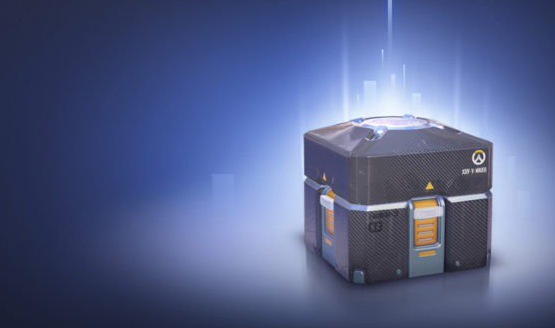Art can be many things, ranging from kitschy pop art to the abstract to the mass-consumed fare like superhero films and first-person shooter games. Art can play an integral role in our daily lives in many forms, but regardless of the format or popularity, one thing is omnipresent and that is the money involved. Money is involved on every level, be it in exchanging currency…





